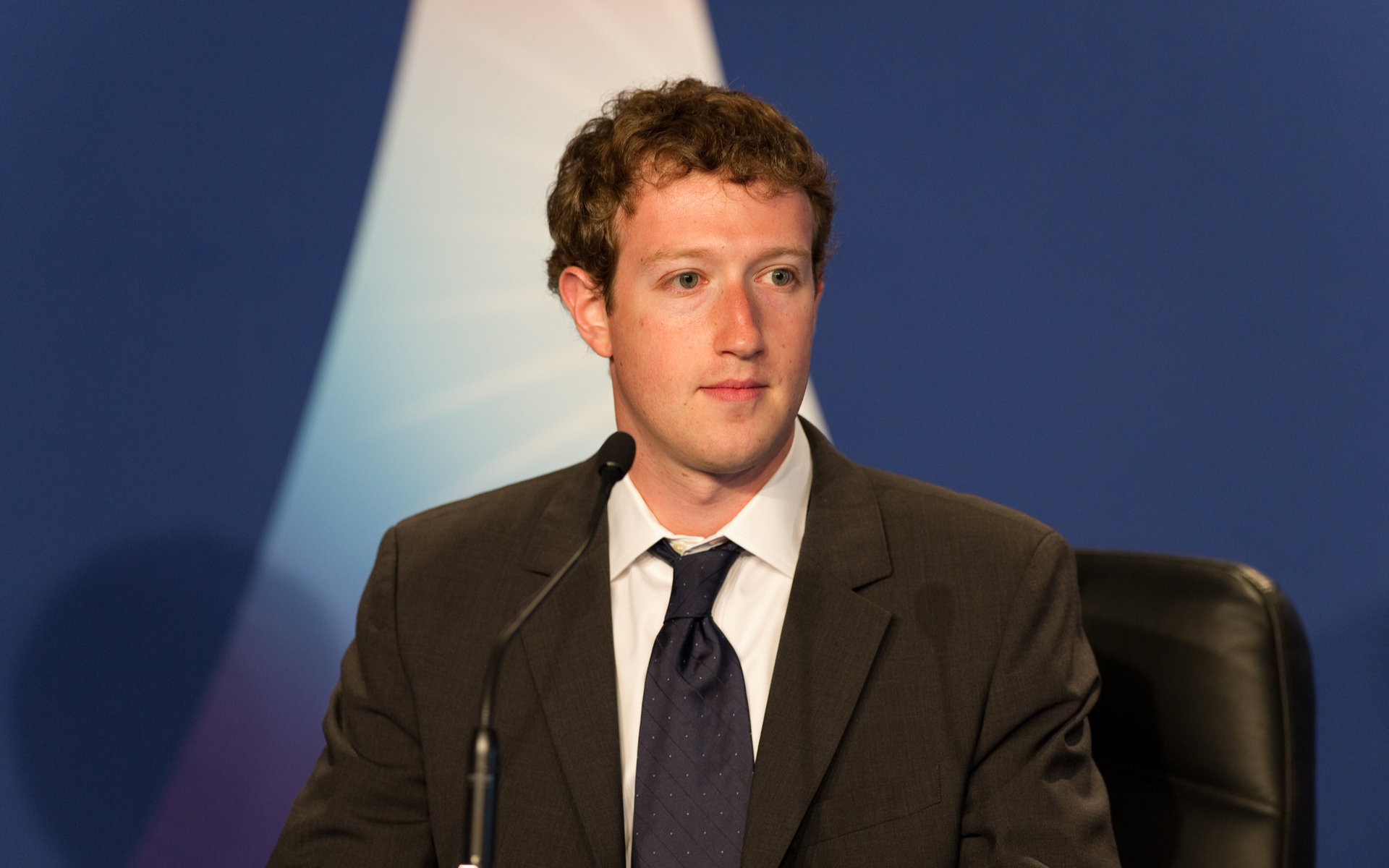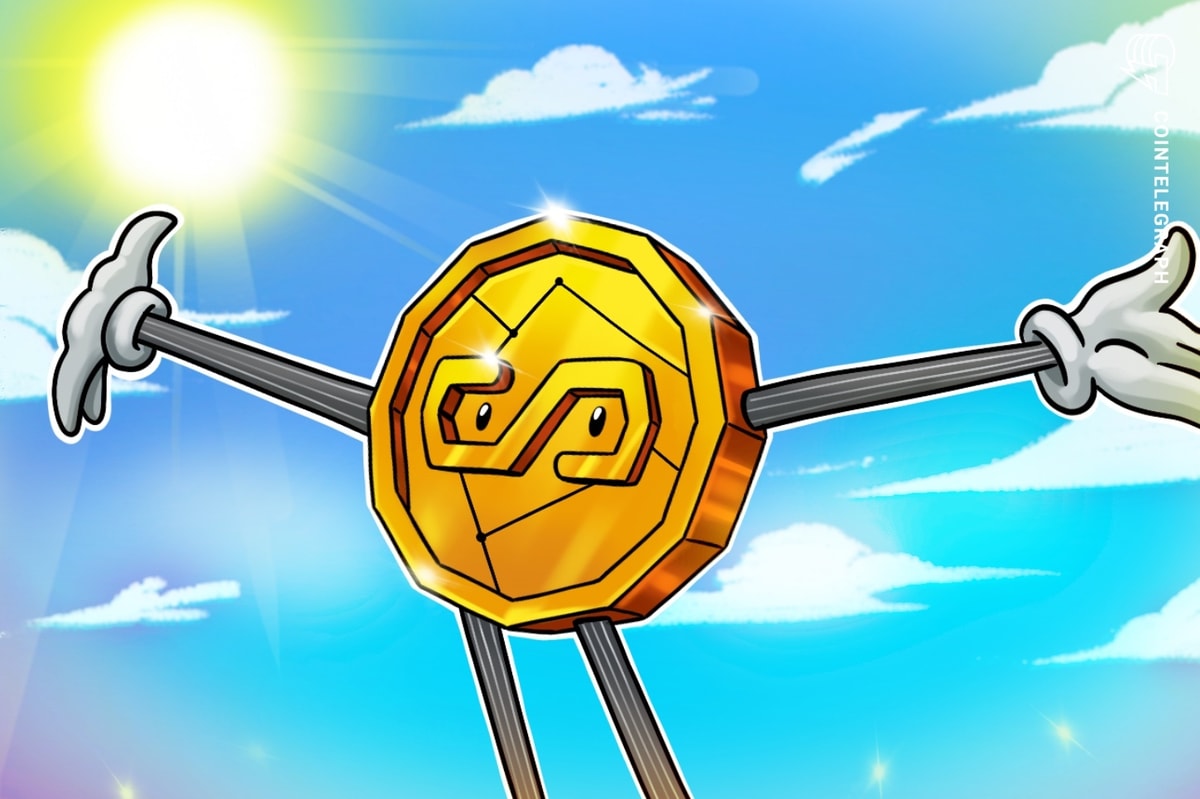At Facebook’s annual F8 conference one of Mark Zuckerberg’s themes was “the future is private.” This news also comes on the back of Facebook’s earlier announcements of launching a stablecoin for Whatsapp and its other efforts of decentralization.
In a piece by publication Off The Chain by Anthony Pompliano, the author shared news of Facebook’s apparent re-pivoting towards a more decentralized work model. But a company of Facebook’s size and inherent nature faces many challenges that may hinder its progress.
Facebook’s problems of decentralization
Facebook’s first problem to change to a private or decentralized platform lays in its business model. Its current generator of revenue is to serve advertisements to its 2.38 billion users.
The author surmises that the company will need to change its business model “from an ad-revenue model to a financial services model.”
The company’s second problem comes down to privacy, with Pompliano stating:
The company’s reputation around privacy is not stellar recently. Whether it exposed sensitive data or gave access to user data based on partnerships, there are plenty of examples to support the detractors’ claims.
Facebook’s strengths
However, Facebook’s strengths are in the same vein as its weaknesses. As a business that stores and analyzes vasts amounts of data, it’s able to gain insights that would not otherwise be available to other companies or organizations that lack the scale or scope of Facebook.

Facebook has over 37,773 employees and $16.6 billion dollars in revenue to make this transition happen, so it’s certainly not lacking in terms of the right resources. And with five new Facebook profiles created per second, it has the right amount of users to make such a paradigm shift possible.
Facebook’s decentralization is already in motion
As Bitcoinist has covered extensively in the past, a Facebook’s cryptocurrency “Facecoin” could generate the company “$19 billion by 2021” as reported by a Barclays analyst.
While Facebook has set its wheels in motion towards decentralization in other arenas. In December last year, Facebook was rumored to be looking to mint its own stablecoin for the Facebook-owned Whatapp.
However, Facebook’s efforts at decentralization, and particularly it’s “Facecoin” has come under scrutiny recently. As Bitcoinist revealed, the coin will not function similarly to Bitcoin or any other established cryptocurrency. Instead, the coin will seemingly still play by Facebook’s rules.
Nevertheless, the tokens will still be independent to some degree but will lack the fundamental decentralization from governments (and Facebook which created Facecoin).
Can a company like Facebook create a decentralized cryptocurrency? Share your thoughts below!
Images via Shutterstock,











